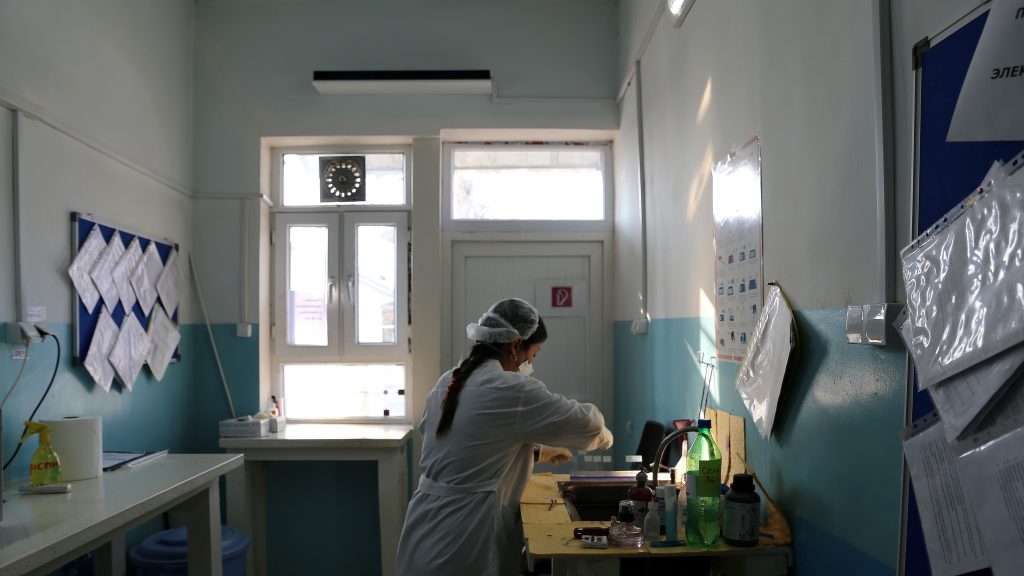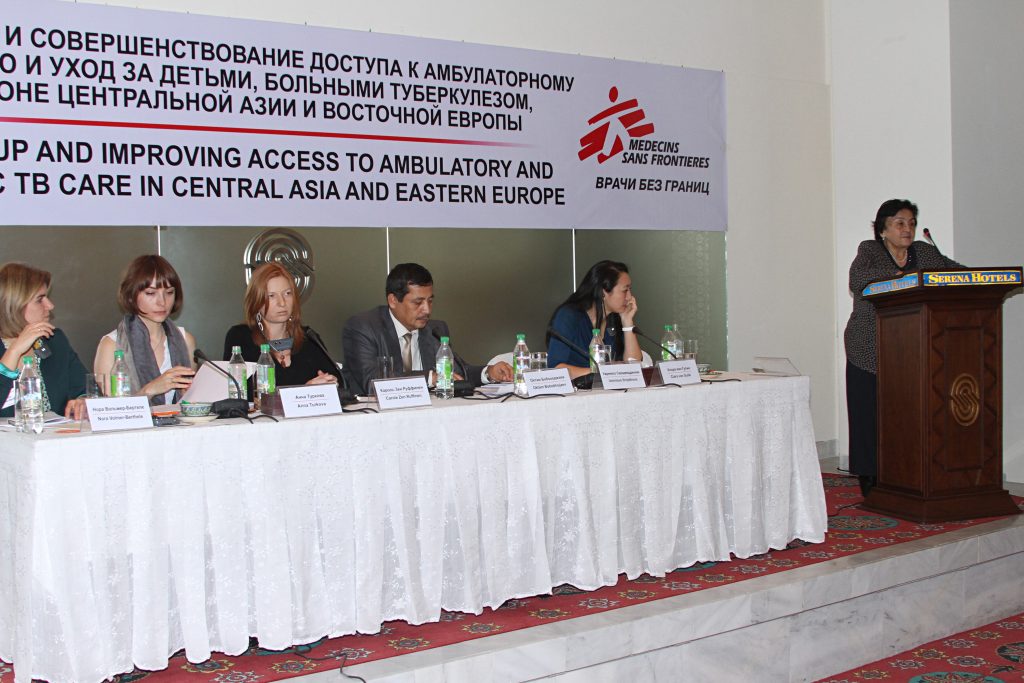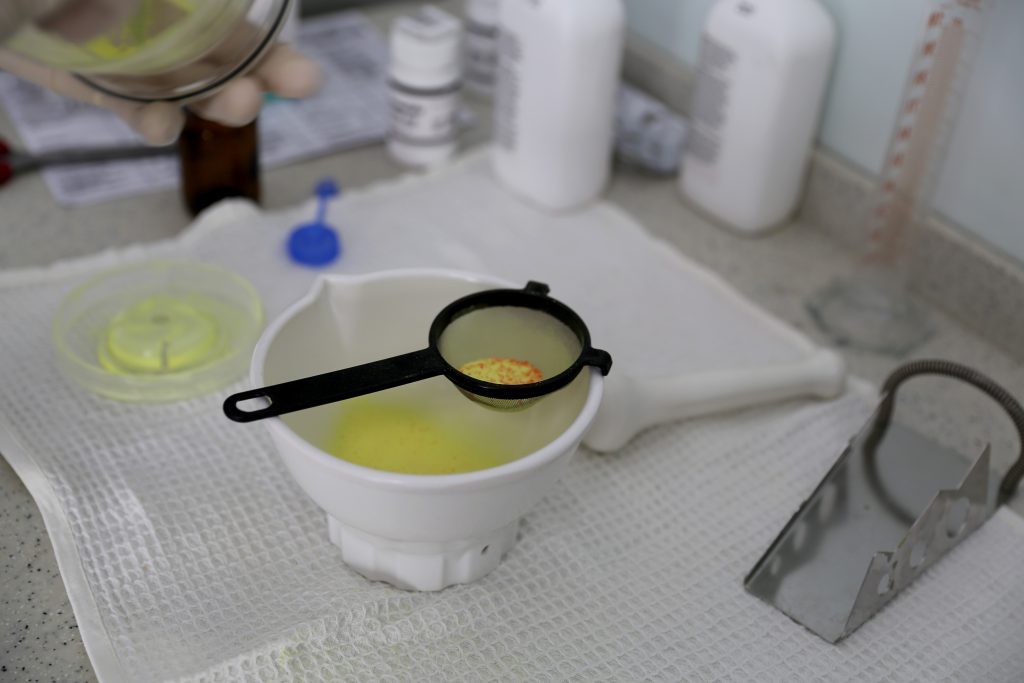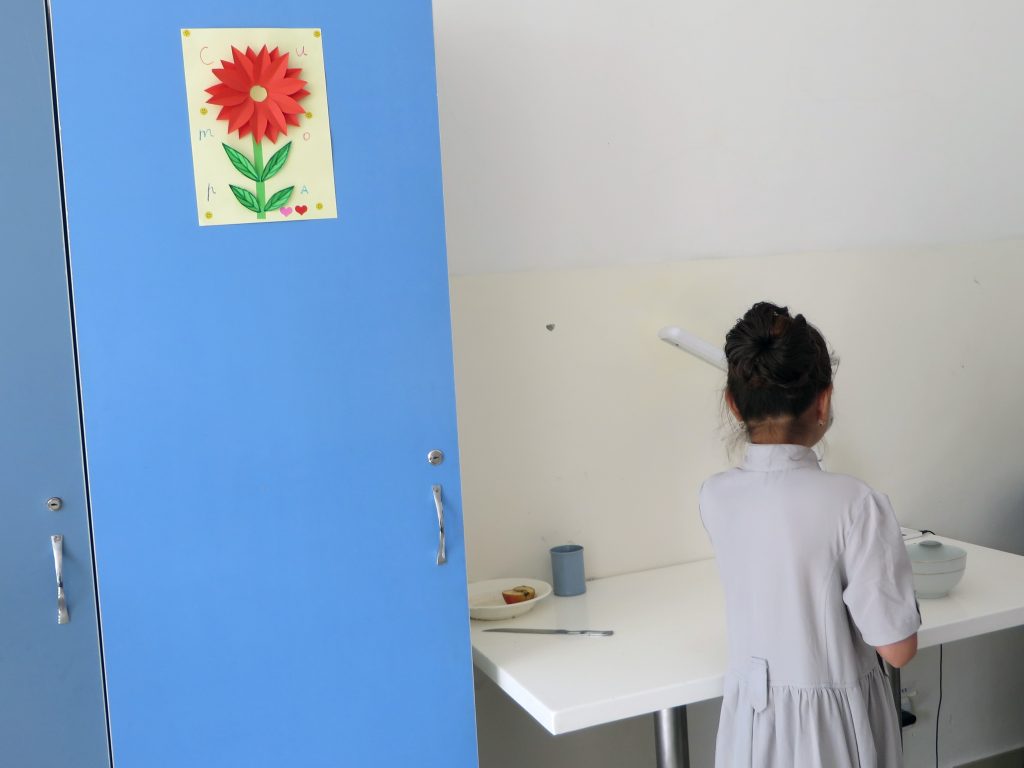Dushanbe, Tajikistan – As Médecins Sans Frontières (MSF) concludes its tuberculosis (TB) project in Dushanbe, Tajikistan, after 13 years of collaboration with the Ministry of Health and Social Protection of Population, we reflect on the programme’s journey.
MSF’s work in Dushanbe focused on detecting TB cases through improved diagnostic techniques, tracing contacts, and treating children and incarcerated people with drug-resistant TB (DR-TB). MSF aimed to improve TB care by empowering patients, promoting self-administered treatment, educating patients about health, and engaging the community. Globally, there was a lack of knowledge regarding effective diagnosis and treatment of DR-TB in children and adolescents. MSF wanted to demonstrate the provision of care for children is feasible and that DR-TB can be successfully diagnosed and cured.
Key to the programme was the introduction of person-centred approach through:
- Contact tracing, especially in children, to stop the spread of infection by identifying and testing people who have had recent contact with someone diagnosed with TB;
- Support to survivors of domestic violence with a holistic patient-centred approach;
- Drugs compounding at the time when paediatric formulations were limited globally;
- Providing mental health and psychosocial support including counselling.
Chronology of major milestones, MoHSPP-MSF joint activities in Dushanbe, Tajikistan
2011: MSF and the Ministry of Health and Social Protection of Population (MoHSPP) team up for a groundbreaking TB programme offering life-saving treatment to children with multidrug-resistant tuberculosis (MDR-TB) in the country for the first time.
2013: For the first time in Tajikistan, MSF in collaboration with the MoHSPP diagnoses TB in children using sputum induction, a highly effective diagnostic method. MSF even sets up a special room for this purpose and provides training for the staff working at the state health facilities.
“It is quite difficult to collect sputum from children, especially those under five years old, as they cannot spit out their sputum,” Surayo Abdulkhamidova, MSFs’ infection, prevention and control manager says. Sputum induction simplifies this procedure. “The child inhales a special vapour,” Abdulkhamidova says. “Within 10-15 minutes, sputum begins to produce. This sputum is easily and non-traumatically collected into a special sterile container and sent to the laboratory.”

2013: MSF in collaboration with the MoHSPP hosts a regional Eastern Europe and Central Asia TB symposium in Dushanbe, bringing together over 100 experts from Tajikistan and beyond to exchange insights and strategies for improving TB care.

2015: The introduction of GeneXpert, a preferred diagnostic tool, improves testing by eliminating several steps and reducing diagnosis time to several hours instead of weeks or even months.
“Thanks to GeneXpert, we can diagnose tuberculosis, including drug-resistant forms, in just about two hours,” MSF’s Dr. Maysara Shifoeva says.
2016: The first patients receive treatment with bedaquiline, offering a shorter treatment duration and increased chances of a cure.

2017: MSF, in close cooperation with the MoHSPP, develops guidelines for treating children with tuberculosis in Tajikistan, promoting shorter treatment plans and newer drugs like delamanid and bedaquiline. Approved by the MoHSPP, these guidelines are a big step in fighting drug-resistant TB among children. Treating the first patient with a combination of delamanid and bedaquiline therapy shows progress in managing tough TB cases in children.

2018: The first patient managed by Family Direct Observation Therapy (F-DOT) achieves a successful outcome. This approach involves shifting treatment to the homes of patients and their families, with MSF teams providing monthly medical check-ups, medication, food, and psychological support to ensure effective treatment.
“MSF staff members brought medicines to the patient’s house,” says Munira Gulomova, MSF mental health supervisor. First, we trained them how to take medication. Afterwards, they took it under the supervision of their family












